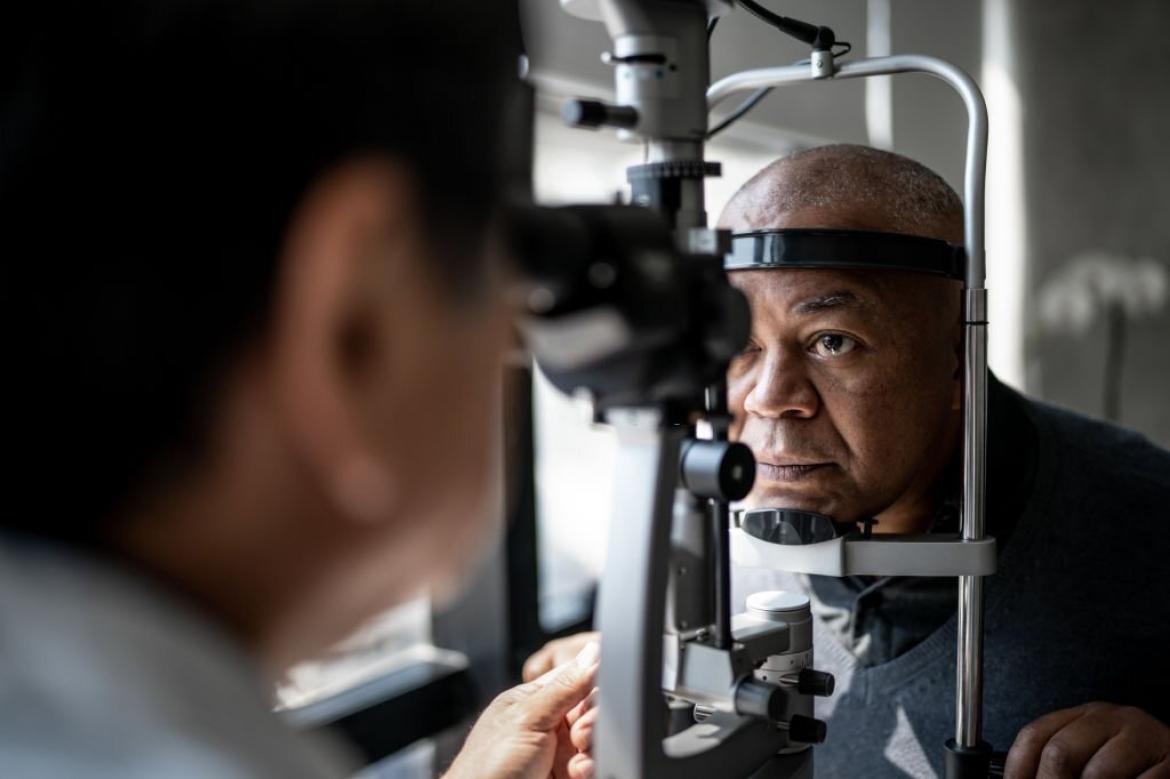Life with Glaucoma – A Guide for Glaucoma Patients

In general life can be rich and full for people with glaucoma. The vast majority of people with glaucoma have only mild or moderate optic nerve damage, and if well monitored and treated, can expect that to remain stable over time. With only a mild or moderate degree of damage, a person can participate in almost all of life’s activities and achieve all they wish to, without being overtly conscious of any loss of vision.
For the minority of people with glaucoma, who have a significant visual impairment from glaucoma, there are some limitations to deal with.
People with more advanced glaucoma have trouble adjusting from light to dark environments (eg moving from a dim to light room) and the elderly can have an increased risk of falls and fall related injury and disability. That’s why it is so important for people with glaucoma to be careful when out walking, and to keep one’s home environment safe and free of obstacles.
Driving is a concern for people with more advanced glaucoma – thankfully the requirements for a personal licence is not a strict as a commercial licence. Still, some people with more advanced glaucoma may have to rescind their licence, which can often be a blow to independence. Being adaptable eg learning to become more familiar with public transport and online shopping helps with this difficult transition (and yes, it is often still possible to use a computer for even those with advanced glaucoma). People with glaucoma who can no longer drive themselves due to advanced visual loss or blindness are entitled to subsidised taxi fares.
There may be other implications for living with glaucoma, not related to loss of sight. The treatments for glaucoma can be uncomfortable (such as multiple, regular drops) and over time cause a chronic dry eye syndrome. Some more advanced cases require glaucoma surgery which may be anxiety provoking due to potential risks of surgery. Even for those who do not need surgery, and those with minimal glaucoma, there is still often a lingering concern or anxiety of the risk of future blindness, which is often unnecessarily exaggerated – rather than bottling these fears up, it is important that you speak to your clinician about this, and what your projection of vision for the future will be.
A/Prof Skalicky believes that with improved treatments and encouraging more widespread uptake of screening tests available today, the impact of glaucoma tomorrow will be lessened.